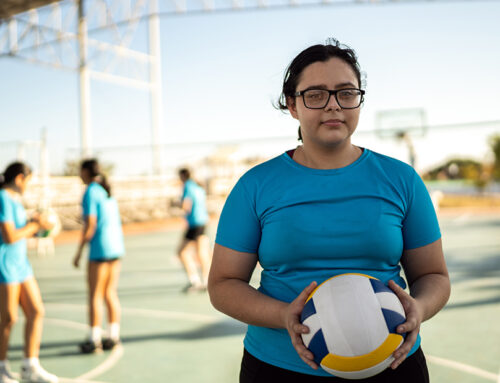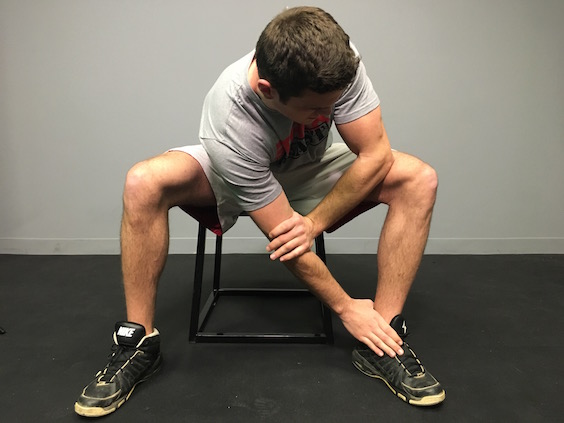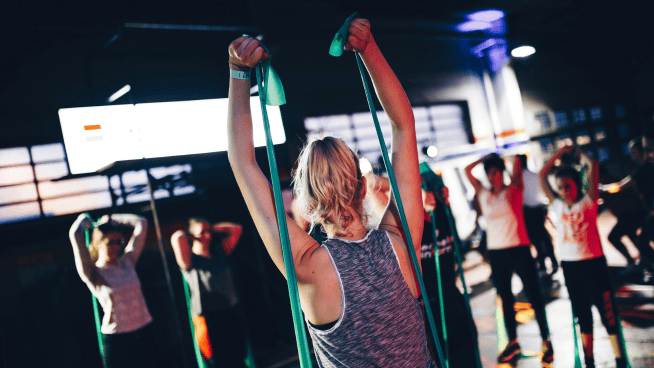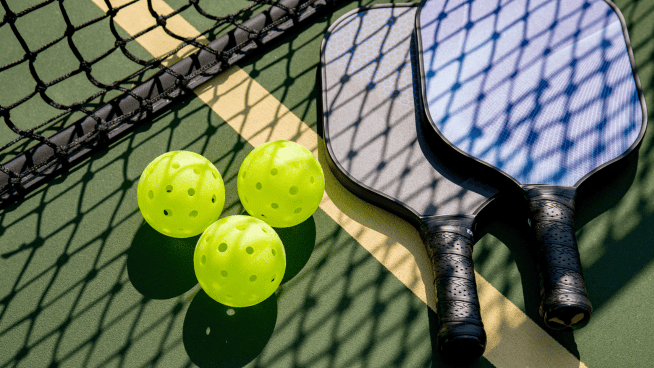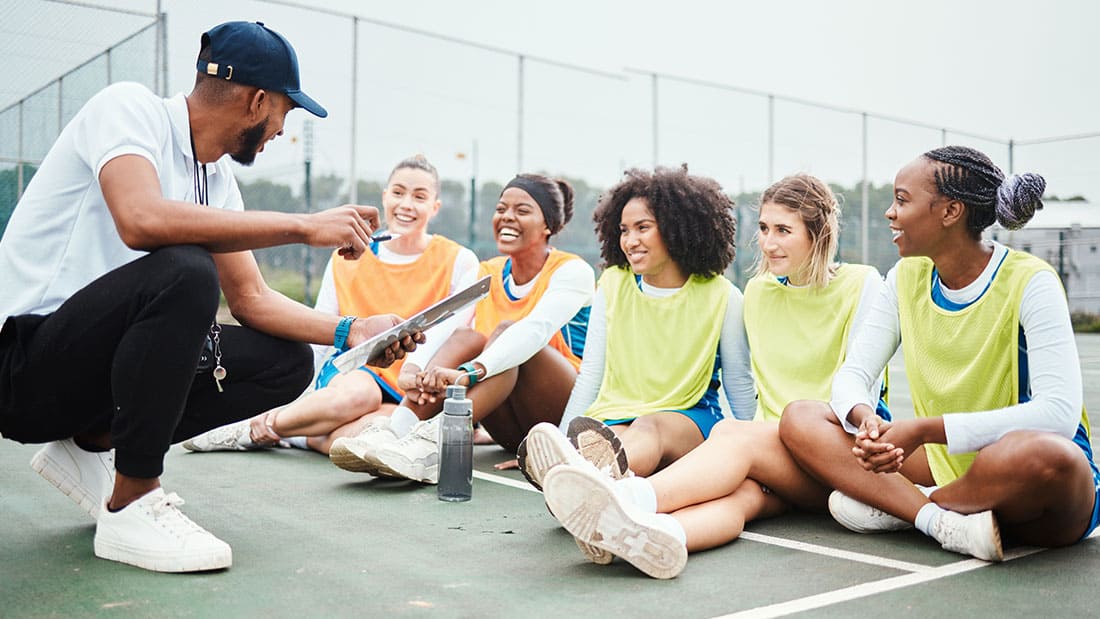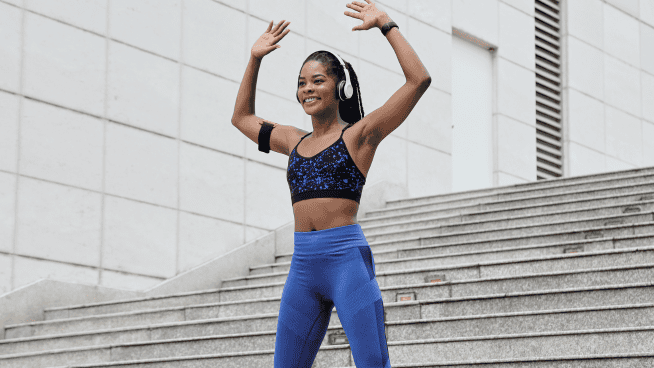Building Character Through Sports In This Current World
I’ve primarily devoted my life to sports. It’s how I’ve made most of my friends. It’s how I spend most of my free time. And I’m lucky that it’s also how I’ve been able to make a living.
People have questioned the intellectual merits of such a pursuit, and I understand why. For me, sports have always encouraged critical thinking. Sports have helped me better understand things like math, psychology, economics, and theology (and vice versa).
At its worst, it can be tribal, exacerbate in-group/out-group dynamics, and possessive. At its best, it’s communal, inclusive, participatory, and celebratory. For better or worse, sports are powerful.
For the past four seasons, I’ve coached grade school basketball at a community center in SF. I love challenging young people to work together. I love the personal challenge of convincing them they’re part of something bigger than throwing a ball in a circle more than some other kids.
I love choosing what kind of behavior and actions get celebrated and exemplified to the players. It’s on all of us to choose which aspects of sports are most important, especially now.
Speaking of choices, I choose to play softball as an adult. I’m not there because a parent signed me up. I’m there because I want to be there.
In the moment, I try my best to help my team score more runs than the other team, but that’s not why I play. The camaraderie, the support, and joy that I get from my teammates are more fulfilling than catching a fly ball or getting a hit (even though both give me great pleasure).
I’m grateful for my teammates because, without them, there is no game. I’m grateful for my opponents because, without them, there is no game.
Contrary to popular belief, sports are not inherently virtuous. They do not automatically build character. They can build character when character is prioritized.
Sports reveal character more than anything else. How do you respond when things aren’t going your way? Do you sulk? Do you make excuses and blame others?
In a world that celebrates being “measured” and “calculated”, we get to see people’s genuine responses (both good and bad). Sports are an emotional truth serum.
Let’s not lose sight of the fact that our playgrounds are somebody else’s offices. We are not entitled to be hateful, degrading, or disrespectful to anyone just because we’re “customers.” This goes for athletes, officials, coaches, and everyone else. These are REAL PEOPLE, just like you.
I understand that (perceived) escapism is part of its appeal. One of my favorite memories is watching the ‘99 MLB ASG on my grandmother’s couch after she passed away. It was there for me as a 9-year-old trying to process his best friend’s loss.
I am grateful for all the times I’ve found solace by walking through the turnstiles, turning on a game, or lacing my cleats. I am thankful for all the times that athletes have been there for me. Right now, we need to be there for them too.
I applaud the athletes who have courageously taken a stand against police violence, systemic racism, and BIPOC communities’ oppression.
If I can only teach the players I coach one thing, it’s essential to be a good teammate. I hope that we can all be good teammates and STAND WITH THEM.
RECOMMENDED FOR YOU
MOST POPULAR
Building Character Through Sports In This Current World
I’ve primarily devoted my life to sports. It’s how I’ve made most of my friends. It’s how I spend most of my free time. And I’m lucky that it’s also how I’ve been able to make a living.
People have questioned the intellectual merits of such a pursuit, and I understand why. For me, sports have always encouraged critical thinking. Sports have helped me better understand things like math, psychology, economics, and theology (and vice versa).
At its worst, it can be tribal, exacerbate in-group/out-group dynamics, and possessive. At its best, it’s communal, inclusive, participatory, and celebratory. For better or worse, sports are powerful.
For the past four seasons, I’ve coached grade school basketball at a community center in SF. I love challenging young people to work together. I love the personal challenge of convincing them they’re part of something bigger than throwing a ball in a circle more than some other kids.
I love choosing what kind of behavior and actions get celebrated and exemplified to the players. It’s on all of us to choose which aspects of sports are most important, especially now.
Speaking of choices, I choose to play softball as an adult. I’m not there because a parent signed me up. I’m there because I want to be there.
In the moment, I try my best to help my team score more runs than the other team, but that’s not why I play. The camaraderie, the support, and joy that I get from my teammates are more fulfilling than catching a fly ball or getting a hit (even though both give me great pleasure).
I’m grateful for my teammates because, without them, there is no game. I’m grateful for my opponents because, without them, there is no game.
Contrary to popular belief, sports are not inherently virtuous. They do not automatically build character. They can build character when character is prioritized.
Sports reveal character more than anything else. How do you respond when things aren’t going your way? Do you sulk? Do you make excuses and blame others?
In a world that celebrates being “measured” and “calculated”, we get to see people’s genuine responses (both good and bad). Sports are an emotional truth serum.
Let’s not lose sight of the fact that our playgrounds are somebody else’s offices. We are not entitled to be hateful, degrading, or disrespectful to anyone just because we’re “customers.” This goes for athletes, officials, coaches, and everyone else. These are REAL PEOPLE, just like you.
I understand that (perceived) escapism is part of its appeal. One of my favorite memories is watching the ‘99 MLB ASG on my grandmother’s couch after she passed away. It was there for me as a 9-year-old trying to process his best friend’s loss.
I am grateful for all the times I’ve found solace by walking through the turnstiles, turning on a game, or lacing my cleats. I am thankful for all the times that athletes have been there for me. Right now, we need to be there for them too.
I applaud the athletes who have courageously taken a stand against police violence, systemic racism, and BIPOC communities’ oppression.
If I can only teach the players I coach one thing, it’s essential to be a good teammate. I hope that we can all be good teammates and STAND WITH THEM.



